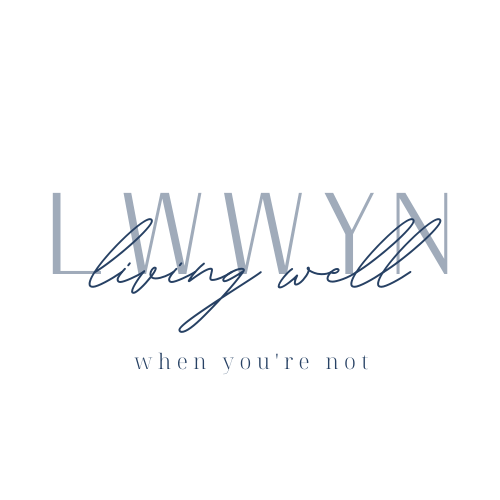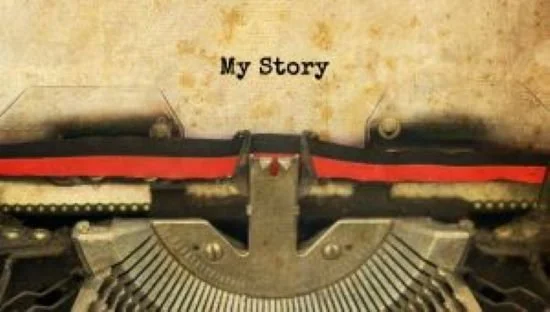What’s Your Story?
Stories about us repeated in family lore are a window into how others see us. The earliest accounts of our lives come from our families. These anecdotes whisper clues about how the past shaped us. Often, the stories unintentionally label us as easy-going, stubborn, well-behaved, happy, outgoing, shy, anxious, etc. The qualities in us that others focus on and react to are, in part, a reflection of someone else’s story and may or may not be an accurate reflection of us. We unconsciously incorporate these stereotypes into our view of ourselves and live into all that comes with them. The stories we remember and tell about ourselves often solidify the personas that began to develop when we were babies. Often, memories are curated to provide supporting evidence about who we think we are and who others expect us to be. Even if the qualities are considered attributes, like conscientiousness, agreeableness, or strength, it can feel like we are failing if we don’t live up to those expectations. If we let labels define us, they can obscure the unique patchwork that makes up each of us. We become one-dimensional fairytale characters. Labels limit our growth and our ability to adapt as our lives change. People naturally use stereotypes to predict outcomes of interactions and accommodate human behavior in certain situations. You wouldn’t ask your 85-year-old grandmother to help you move a heavy box or your chronically ill neighbor to help replace your roof in the middle of summer. The problem comes when assumptions are made at a deeper level, and generalizations become judgments about character or worthiness.
What happens when our feelings and reactions collide with our narratives? Chronic illness upends our view of who we are and interrupts the scripts of our lives. We can no longer measure ourselves by what we do or how we look because all that has changed. Our way of being in the world doesn’t work anymore. What if we’ve always been “the strong one,” the one who could handle anything, but we feel like falling apart when we’re diagnosed with a chronic illness, have a flare, or go through a long period of symptoms without a diagnosis? It can be disorienting, and those who love us push back because they are comfortable knowing who we are. They know how to predict our behavior and interact with us. When I got sick, people said, “You’ve always been strong. You’ve always had a good attitude about things.” Those well-meaning comments didn’t help. They made me feel worse. I said things to myself like, If I’m supposed to be strong, I can’t have a chink in my armor and need help or support. It can’t really be all that bad. I can handle it. So, I powered through and over functioned. But exhaustion finally took over, and I admitted to myself that my patterned responses weren’t working. If we take the pause that chronic illness or adversity gives us and notice the themes that emerge in our anthologies, we can unchain ourselves from our limited ideas of who we are. The personas we have built fall away, and our hidden parts emerge. We rediscover parts of ourselves that help us move forward on a new path and expand our understanding of our true natures.
I was a dreamer as a kid. I had trouble sleeping, so I would sit at the end of my bed, look at the stars, and wonder how I fit into the fabric of the universe. I tucked away the seeker in me because it wasn’t part of the story of my early life, which mostly centered on me being cheerful or sick. I assumed that that part of me wasn’t valuable. My chronic illness pushed me to ask some tough questions about myself: What in the narrative of my life is true? What was once true but no longer fits? What parts of me have been left out or forgotten? I rediscovered the part of me that is curious and awed by life. Our stories are not directives as to how to be in the world. When we truly know ourselves and continue to grow, we have choices about how we react to the plot twists in our lives. Our stories are not finished until we take our last breaths.

